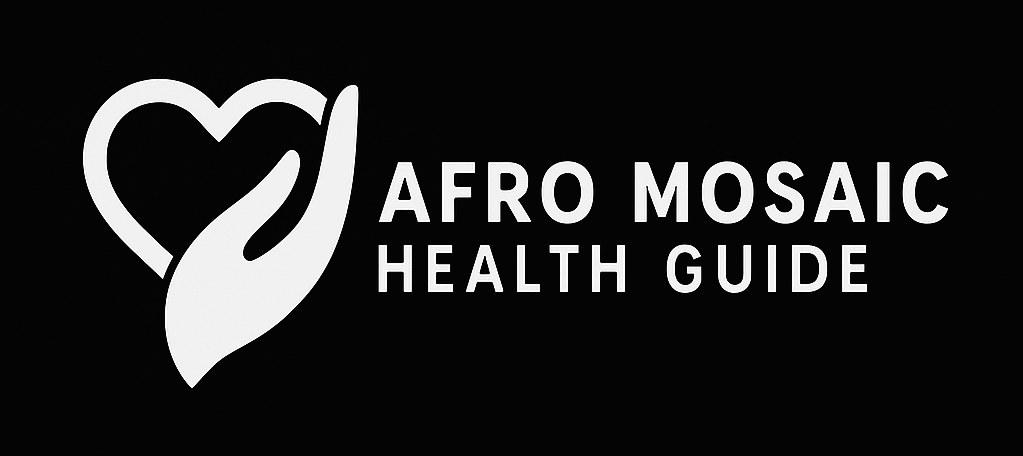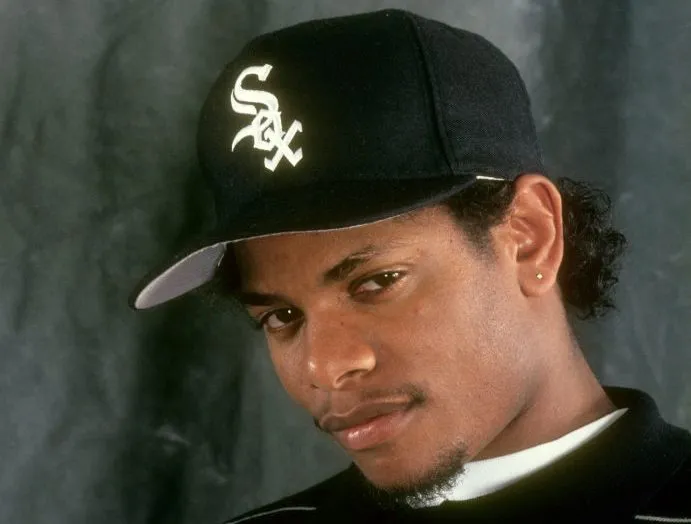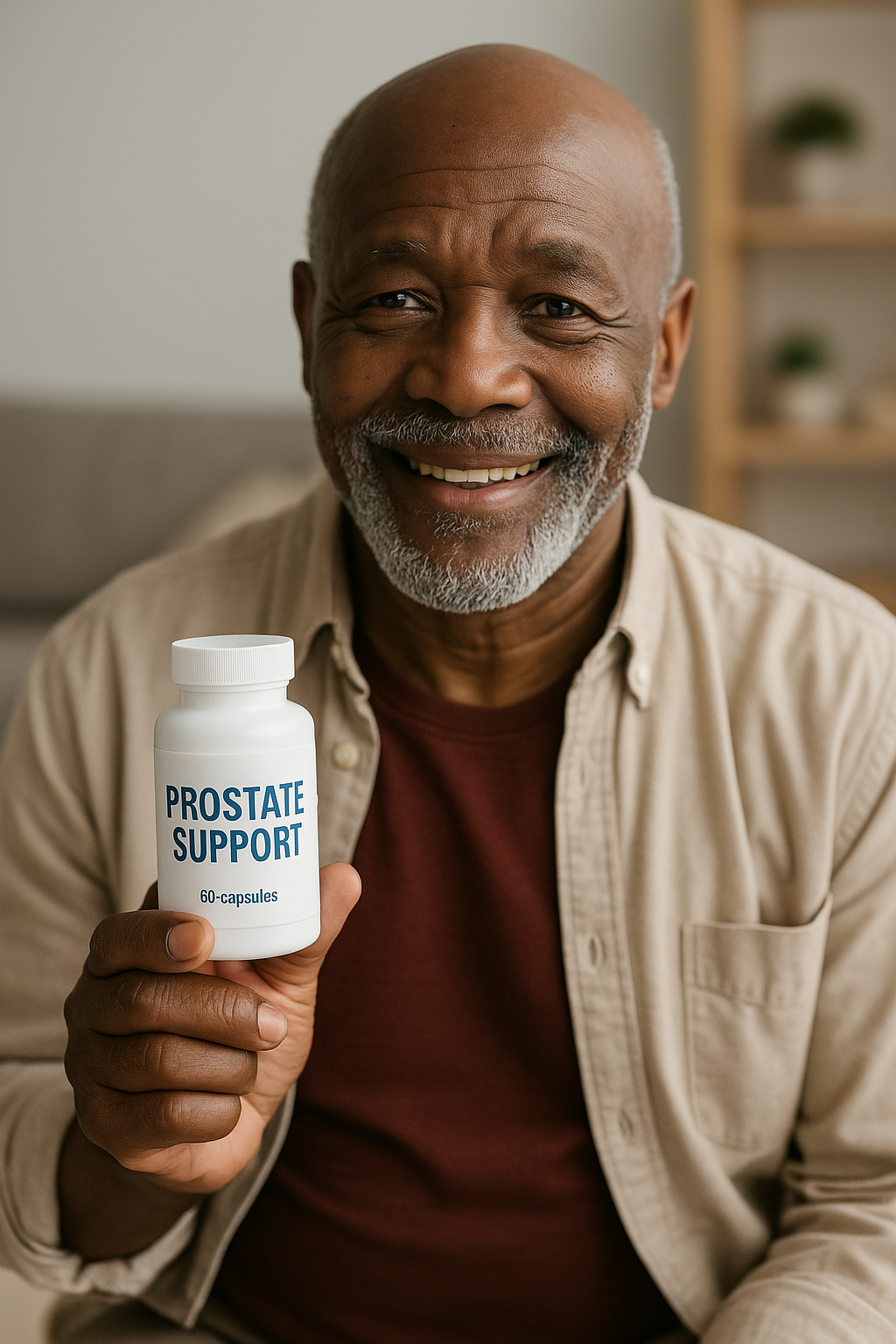Think about the R&B songs that shaped your childhood. The high-flying falsettos. The silky-smooth harmonies. The lyrics that wrapped love, heartbreak, and hope in a single unforgettable note. Behind those voices were real people — artists who gave everything to the music. Yet, when they needed the world most, the world looked away.
This is the truth we were never told — the truth about the 23 Black gay singers and performers who died from HIV/AIDS during one of the darkest chapters in music history. Men whose names once glittered across record sleeves have been suddenly removed from the spotlight. Men are erased not by fate, but by silence.
Their crime? Being Black and being gay and becoming sick in a time when illness became a weapon. Today, we give them back their light.

Silenced by Stigma, Not Talent
During the 1980s and 90s, HIV/AIDS hit the entertainment world like a bomb. Panic spread faster than facts. Many believed proximity alone could infect them. Rumours ruined reputations in an instant. Careers vanished before the truth could speak.
For Black gay men in the industry, the stakes were even higher. They were already marginalized. Already fighting stereotypes and gatekeepers who told them who they should be and what they should hide. Coming out wasn’t an option — it was a risk to everything they’d earned.
So they lived in code.
They smiled in interviews. They dazzled on stage. They avoided the cameras once the show ended because exposure meant danger. They walked a tightrope between fame and fear.
And when illness struck, silence became their shield…and their prison.

Keith Barrow: A Superstar Denied His Finish Line
Keith Barrow was born to shine. His voice — a mix of velvet and power — carried him from gospel choirs to dance-floor stardom. In 1978, his hit “You Know You Want to Be Loved” made him a household name. Dreaming big wasn’t a stretch — he was already halfway there.
But the applause began to fade when he got sick.
In 1983, he died at just 29 years old. Newspapers avoided the truth. They whispered vague words like “short illness.” They let his name slip quietly into the night — because saying “AIDS” felt like scandal, not compassion.
And so, one of R&B’s rising stars disappeared without the recognition he earned.

Wayne Cooper: The Voice Behind the Magic
You know his sound — even if you don’t know his name.
Wayne Cooper’s falsetto helped build Earth, Wind & Fire’s signature style. That electrifying vocal spark? That was him. His gift lifted concerts into the clouds. But while audiences were cheering, fear was tightening its grip behind the scenes.
When Cooper died in 1987 at only 35, the cause of death was coated in secrecy. Rumours swirled. Friends mourned silently. The industry did what it always did: moved on without speaking his truth.
A man who helped create timeless music was denied a timeless memory.
Talent Buried Under Shame
These two men were not alone. There were dozens — singers, musicians, background vocalists, producers — people whose brilliance stitched the fabric of Black R&B culture.
Some were outed only after death, their families pressured to hide the truth. Others never had the chance to publicly claim their identity.
They lived knowing that their real story — who they loved, who they were — could destroy everything they worked for.
But why?

Because in the 80s and 90s, being gay meant being judged.
And having AIDS meant being feared.
For Black men, that combination became a silent execution.
Church communities turned their backs. Record labels washed their hands. Tabloids invented half-truths. Friends were forced into the role of secret caretakers because hospitals were hostile. People whispered more than they hugged.
Too many of these artists died alone — not because they lacked love, but because society lacked humanity.
Erased by Prejudice — and a Music Industry That Benefited from Their Voices
When you look back, their absence is like a missing harmony — something essential you can’t quite name. The history of Black music is rich, layered, unstoppable. But it has gaps — empty spaces carved by discrimination.
The industry celebrated their sound.
But feared their truth.
Labels refused to promote them. The media refused to acknowledge them. Fans were kept in the dark. Why? Because acknowledging gay Black artists with AIDS didn’t fit the polished, profitable narrative.
It was easier to let memories fade.
But memories don’t stay quiet forever.
Why We Must Say Their Names — Loudly
This story isn’t just history. It’s an overdue reclamation.
These men were innovators.
Trendsetters.
Icons — even if the world denied them the title.
Their deaths should teach us something powerful:
Shame kills. Silence kills. Prejudice kills.
And erasure is its final cruelty.
We honour them now not as victims, but as champions who kept creating in a world that told them to disappear.
We name them because they deserve to be loved openly.
We remember them because their voices still live in our playlists, our dance floors, our hearts.

Healing Begins With Truth
Imagine if they had been celebrated instead of shunned. Imagine if compassion had replaced fear. Imagine if the world had valued their lives as much as their music.
We can’t rewrite the past — but we can rewrite how we tell it.
We can choose:
• To replace whispers with clarity
• To correct the records that ignored them
• To celebrate their full identities — not just the marketable parts
Because the greatest injustice isn’t that they died young —
It’s that too many people pretended they never lived.
Their Legacy Lives On — Because We Choose to Remember
They gave us art that still moves us. Rhythm that still inspires us. Melodies that still heal us.
They deserved applause in life and honour in death.
Today, we recognize their courage. Sylvester James, Bobby Debarge
Today, we reclaim their history.
Today, we say: The silence ends here.
These were not forgotten singers.
These were stars whose light was dimmed too soon.
And now — finally — their truth shines brighter than ever.















